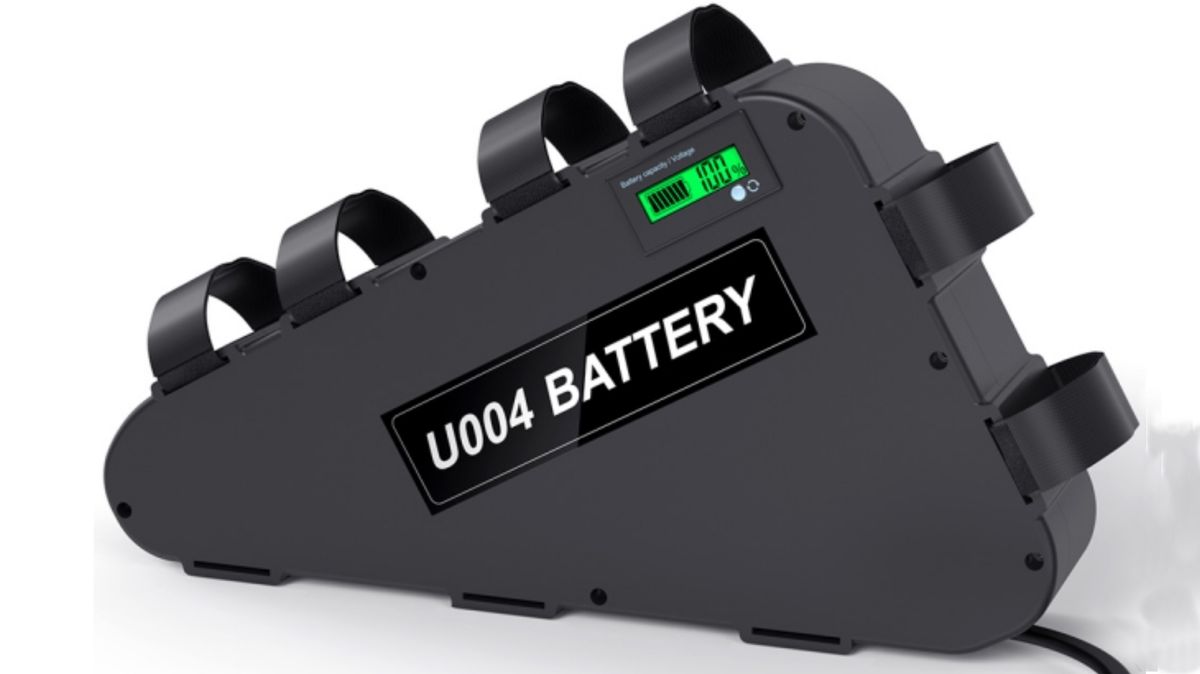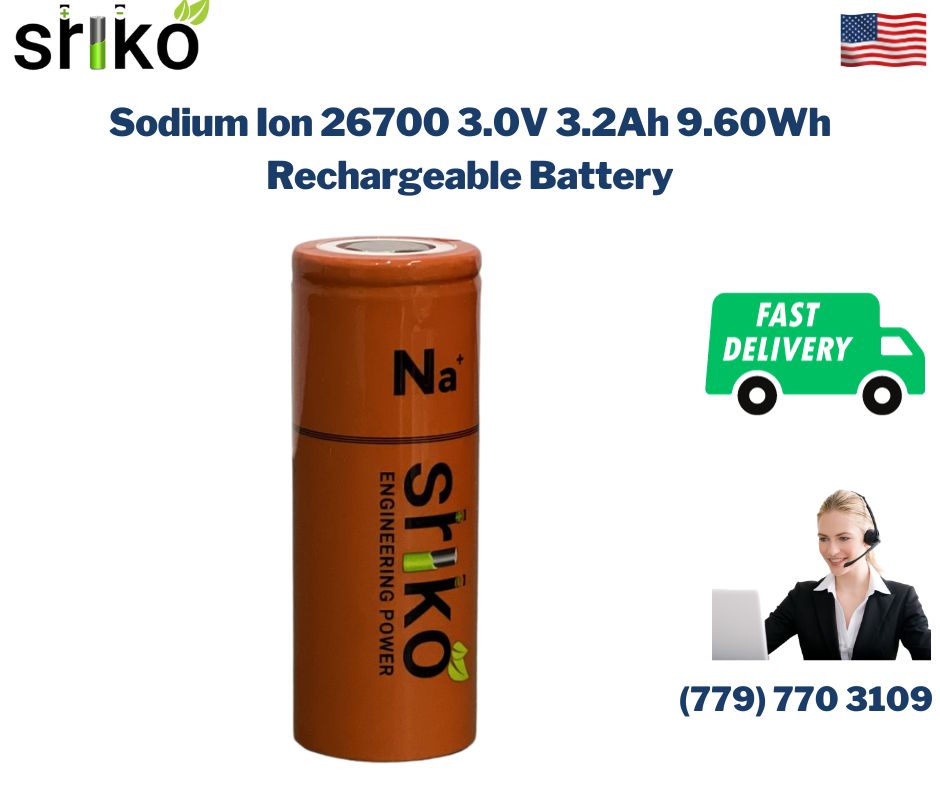tomjasz
Well-Known Member
- Region
- USA
- City
- Minnesnowta

UK government slaps a ban on 'dangerous' e-bike battery which was sold on Amazon and linked to fires
Chinese-manufactured UPP lithium-ion battery 'presents a serious risk of fire as it is poorly built with poor welding'
 www.cyclingweekly.com
www.cyclingweekly.com

